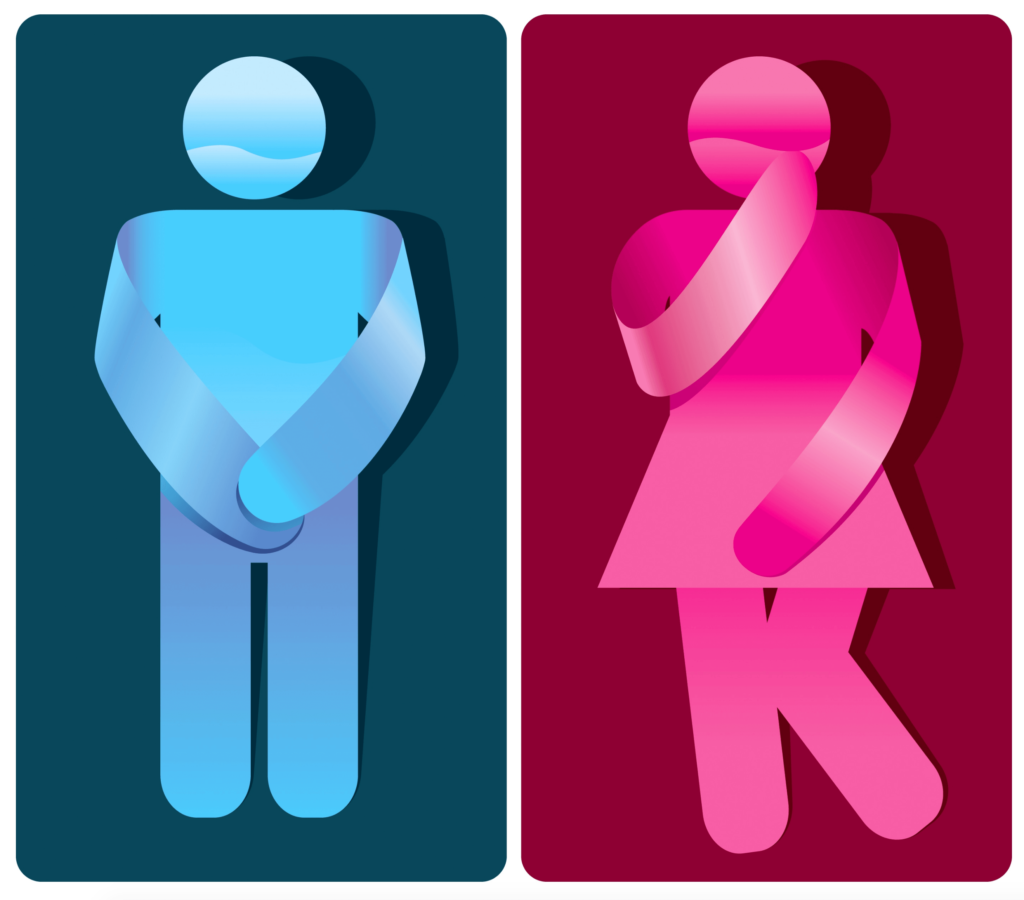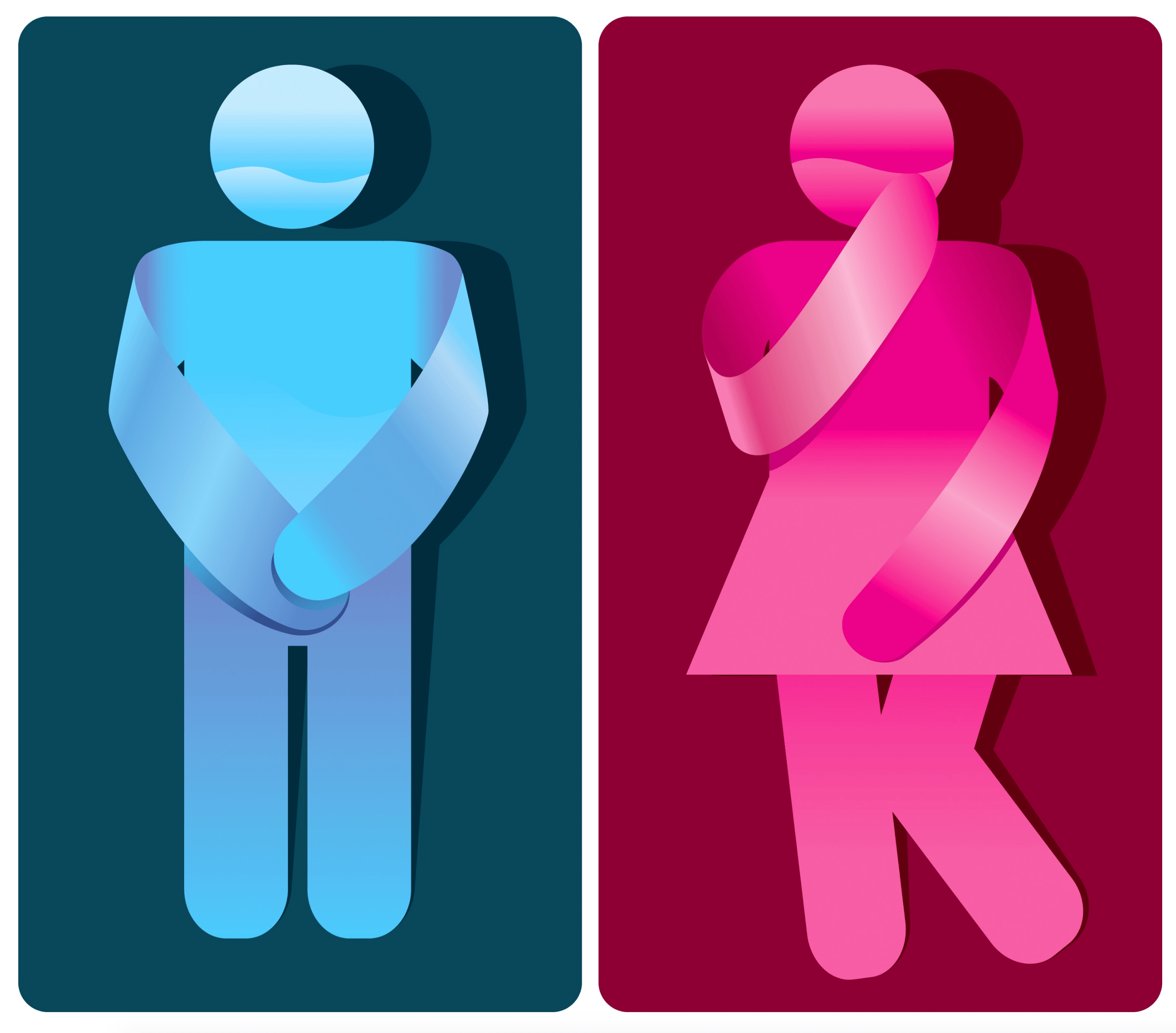
Some conditions are often inevitable as one grows. Most women will end up losing control of their bladders once they attain a certain age. In short, urine leakage will become relatively prevalent at some point, but it should not worry you. There couldn’t be a better time for you to visit Dr. Denise Molina in Furlong than when you start experiencing such symptoms.
Usually, this urine leakage and loss of control over your bladder are what we call urinary incontinence. It is involuntary, and it highlights a weakened or lost urinary sphincter. In this light, the leakage will happen whenever you cough or sneeze. As well, this condition can occur to anyone, at any age, and for different reasons.
Types of urinary incontinence
Urinary incontinence comes in different types. Understanding what symptoms every kind of condition features will be essential in making credible decisions. Here are the six most common types of urinary incontinence.
- Stress
Stress incontinence will often highlight urine leakage whenever you jump, cough, or even laugh. Ideally, physical exertions that could pile up pressure is considered a stressor. This condition does not have anything to do with emotions. Usually, it results in the weakening or damaging of pelvic floor muscles and the urethral sphincter. It is common among aging women.
- Urge incontinence
With this type of incontinence, you are likely to get a strong urge to urinate even when the bladder is hardly full. You could also refer to it as an overactive bladder. It results from the contraction of the bladder muscles and the detrusor. This condition is associated with childbirth, menopause, pregnancy, and neurologic diseases.
- Reflex
This condition happens when the bladder contracts enough to allow urine to leak. Unfortunately, the urine is usually in large amounts. One of the most significant causes of this condition is a spinal cord injury. Neurological impairments, as well as radiation treatment, could also result in this type of urinary incontinence.
- Functional incontinence
This type of urinary incontinence is linked to neither any pathology nor urinary system problems. As such, while your urinary tract will be healthy, other medical conditions will expose you to this leakage. Common causes of this issue include both cognitive and physical impairments, mental illnesses, and dementia.
- Mixed incontinence
Mixed incontinence is a product of urge and stress incontinence. As such, you will end up with symptoms of these two conditions. In most cases, it happens among the aged and those who have undergone surgery. It attacks either gender.
- Overflow
With this condition, a patient will hardly finish emptying their bladder, and thereby ending up with urine leakage. It results from the blockage of urine from flowing freely. This condition tends to be more predominant among men than it is with women. Common causes include diabetes, spinal cord injuries, and neurological problems.
Regardless of the type of condition you have, you will be confident of adequate treatment. It will be upon you to aim at getting the right expert for this task. While finding a reliable medical professional to handle urinary incontinence can be daunting, you should not worry anymore. Visit the Chicago Center for Women’s Health today and get the help you need.
